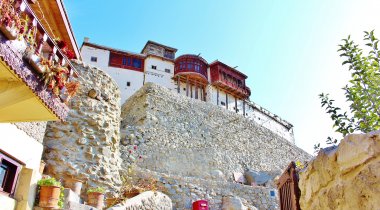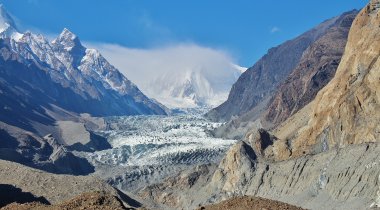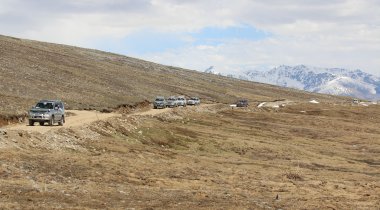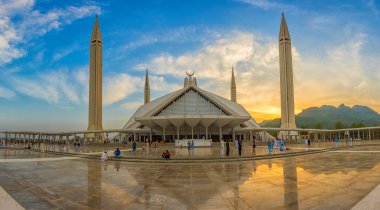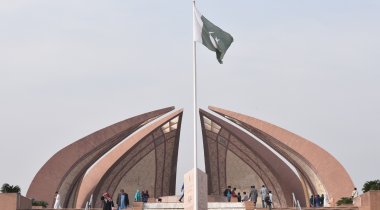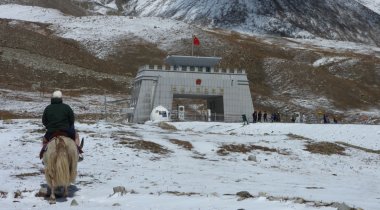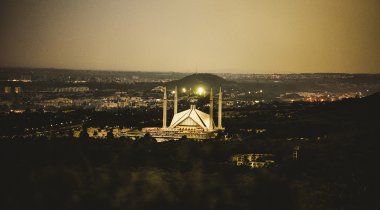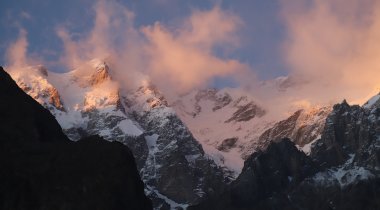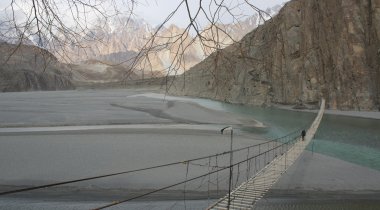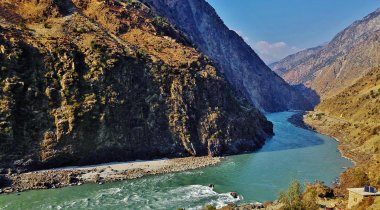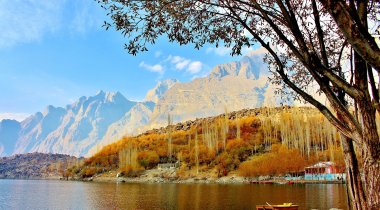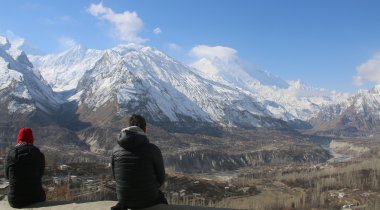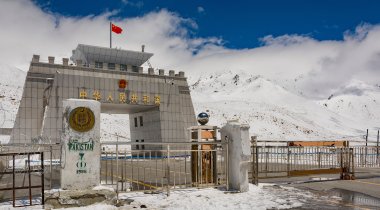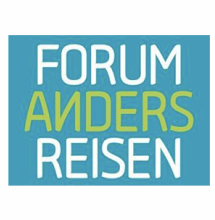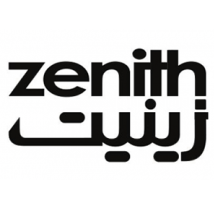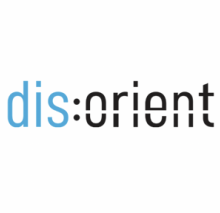Religious fanaticism, terror and the smouldering conflict with India - these associations often still dominate as soon as Pakistan is mentioned. Only rarely do we hear about Pakistan's incredible scenic, religious and cultural diversity or the great hospitality of its people. Yet modern Pakistan - which emerged from the "colonial crown jewel" British India in 1947 - is today home to over 200 million people and one of the fastest growing economies in the world.

Although Pakistan is still very young as an independent state, the country has a long and eventful history nevertheless. Once a stronghold of the extremely progressive Bronze Age Indus culture, it has been repeatedly brought under the influence of various great powers in the centuries that followed. From the Aryans, Alexander the Great, Indian empires, Islamic expansion and finally Great Britain, which colonized the region alongside with today's India - all of them have left traces that are still visible today.
In 1947, modern Pakistan was founded from the predominantly Muslim parts of British India. This was followed by various military dictatorships with only brief democratic intermediate phases, while the - still smouldering - conflict with its neighbour India over the Kashmir region found expression in two wars.
In 1971, Banglash declared its independence from Pakistan, which encouraged the desire for autonomy in other minority communities. After Musharraf's military government (1999-2008), the civilian government elected in 2008 led by the Pakistan Peoples Party was the first in Pakistan's history to actually complete the entire five-year term of office.
With its long coastline, the partly extremely fertile, partly desert-like lowlands on the one hand and the vast forests, rugged high mountains and glaciers of the north on the other - the country offers an unbelievable variety of landscapes in addition to the evidence of its turbulent history.
With a multitude of ethnic and religious minorities, Pakistan's society is as diverse as its nature. Despite the widespread prejudices about their country, the locals meet tourists with great openness and hospitality.
Unsere Highlights
Islamabad
Only built in the 1960s to replace Karachi as the capital of Pakistan, Islamabad was virtually created on the drawing board, which is also reflected in its chessboard-like layout and the architectural combination of modern and traditional elements. Nevertheless, today's urban area is considered one of the oldest human settlements in the world, and Stone Age artefacts, some of which are up to 500,000 years old, have been discovered during excavations. With the Faisal Mosque, the city is home to the largest mosque in Southeast Asia, but due to migration from other parts of the country there is also a great ethnic and cultural diversity.
Karimabad
Surrounded by mountains and gorges and thus a formerly important trade route, Karimabad was the capital of the Hunza Valley, which used to be independent until 1947 and today belongs to the Pakistani-administered part of the Kashmir region. The fortresses Baltit and Altit, which date from the 11th century, were the seat of the rulers of the Hunza Valley and bear witness to the former importance of the region. A visit to the various markets in the city gives an insight into the culture and life of the local people.
Karakorum Highway
is one of the most technically complex roads in the world and even called the eighth wonder of the world by some. With about twenty years construction time and paying the price of almost 900 lives in the process, it was built in cooperation between Pakistan and China. On a total distance of almost 1300 km, the highway leads travellers through a wide variety of landscapes - along the Ganges, through the Karakorum Mountains, past Nanga Parbat, 10000-year-old pre-Buddhist rock paintings or into the airy heights of the Khunjerab Pass at 4800 metres altitude. At the same time, the highway is an important lifeline for northern Pakistan and contributes significantly to the development of the country.
Fairy Meadows
This place certainly doesn't carry its name without reason. At the foot of Nanga Parbat, a fairy-tale idyll with coniferous forests, meadows and meandering streams awaits you. From the base camp of the eight-thousand-metre peak, fantastic views of the Silver Saddle and the Indus Valley beckon.

